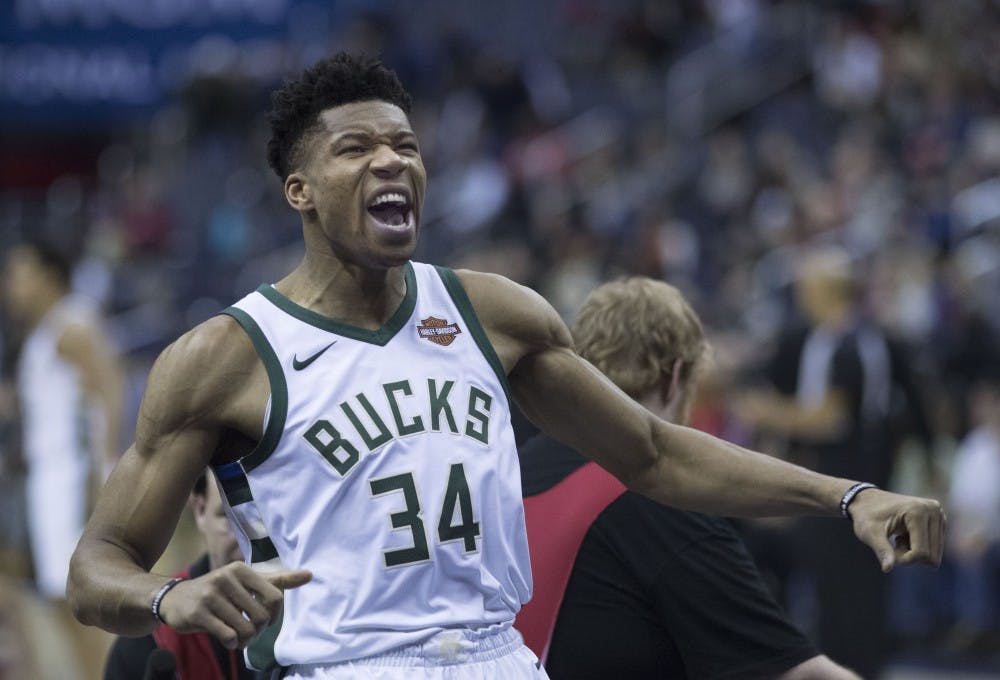
Why is it that now, more than ever, National Basketball Association (NBA) players are forced by the media to be overly concerned about their legacies? This doesn’t necessarily result from the media questioning the players directly during interviews; rather, it’s the consequence of legacies being such a hot topic amongst NBA analysts on television, Twitter and other forms of media and the need to fill the 24/7 sports talk and news cycle.
What is the purpose of a 24-year-old NBA player having to focus on how he’ll be remembered? For many of these rising superstars, that would require them to think 10+ years down the road, when they should be enjoying the present, developing their games and doing everything they can to help their teams win. Many 24-year-olds who aren’t in the public eye have no idea what they’ll be doing in the next year, so why should their peers be expected to define their futures before they even have a chance to live them?
As it relates to players’ legacies, the media obsesses over the number of championships players have won in order to justify the value of those players’ careers, even more so than focusing on their individual talents. This is not a recent development — it was certainly the focal point of discussions following LeBron’s decision to sign with Miami, especially after he let the fans know how many rings he expected to win at his Miami Heat welcome party.
Hall of Famer Charles Barkley didn’t win any championships, as Shaquille O’Neal constantly reminds him on Inside the NBA. When we think about Barkley’s legacy as a player, we should think about how talented he was on the court for all those years, not that he couldn’t overcome Michael Jordan’s Chicago Bulls. This is the same fate that befell Wilt Chamberlain for his “failure” to beat Bill Russell’s Boston Celtics so many times. Yet if you look at Chamberlain’s statistics, they are astounding.
Would LeBron James ever have signed with the Heat had championships not become such an obsession of ESPN’s? Would Kevin Durant have left the Thunder for the Warriors had the media not harped on him about his legacy day after day?
There are too many external factors that are out of an individual player’s control for a career’s worth to be measured by the number of rings won. Basketball is a team sport, and as talented as LeBron, Giannis Antetokounmpo and other superstars are, they can’t win championships all by themselves.
You can’t guarantee the effort levels your teammates put into every play throughout a playoff series. You can’t ensure that players are going to perform under that level of pressure. You can’t guard everyone on the opposing team when you’re on defense, and it’s likely that you’re not going to outscore the opposing team by yourself.
LeBron led his team to the NBA Finals for eight consecutive years prior to this season. Though the feat is impressive, many would argue that it was possible due to a lack of talent in the Eastern Conference as much as it was LeBron’s surplus of talent.
While I believe individual players can dominate games in the NBA more easily than in any other Big Four sport, winning a championship requires too much of a team effort for the value of individuals’ careers to be measured by rings.
The emphasis the media places on championships is in part what drives players to form super-teams in pursuit of these championships. The irony is that this takes away from the value of these championships, as we saw with Kevin Durant, who joined an already-established title contender.
The media cannot only take championships into account when evaluating a player’s legacy — they have to go about it with a more holistic approach that includes that player’s stats, supporting casts, ability to perform in the playoffs and much more. Perhaps the media should let the players play and enjoy their careers without forcing them to think about how they’ll be remembered.





